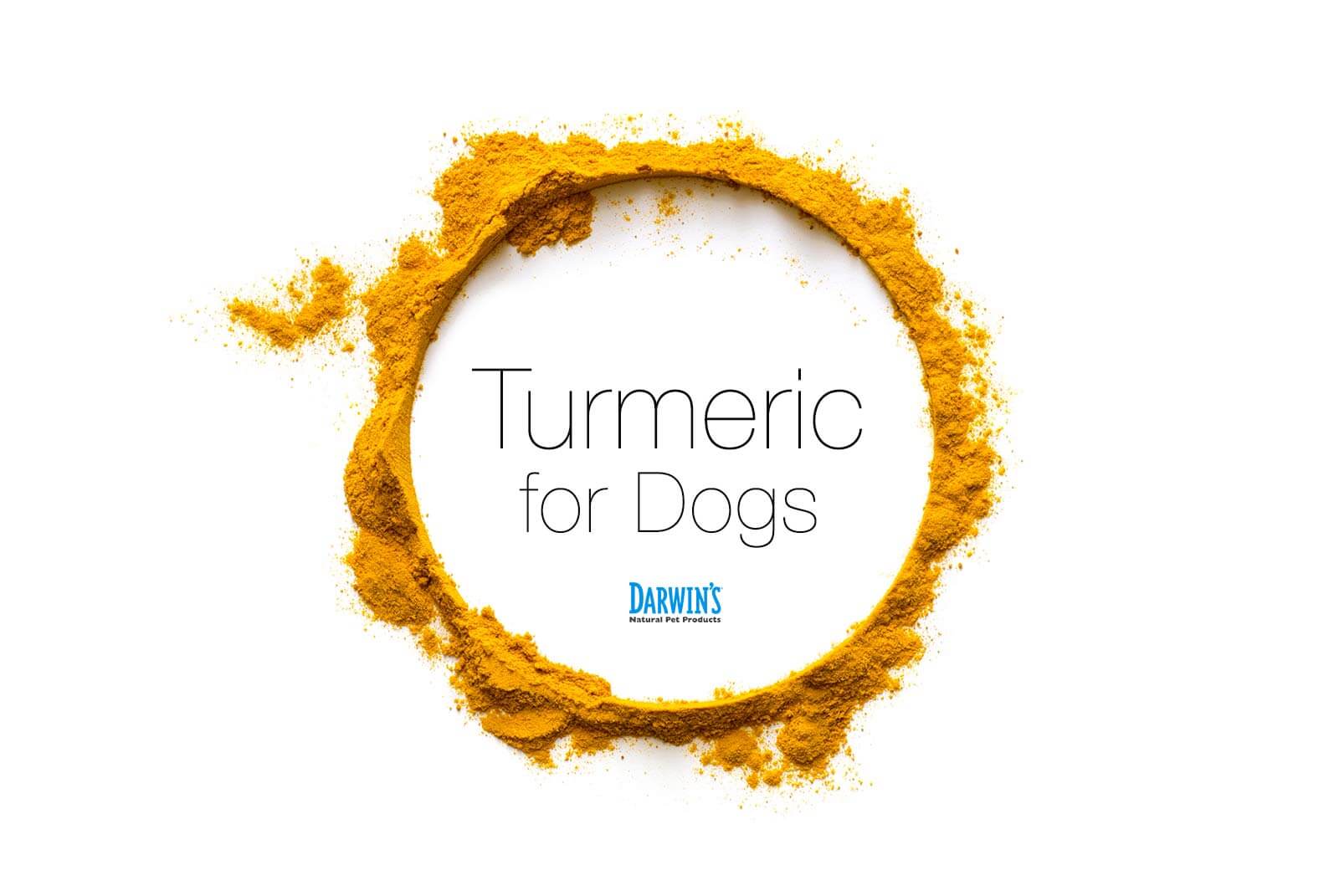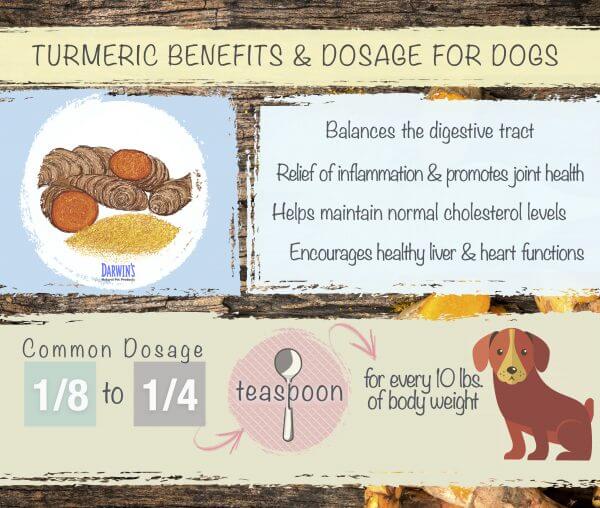Turmeric for Dogs
6/3/16

Turmeric for Dogs
Those of us who are familiar with the delicious tastes of Thai, Indian, and Persian food are probably familiar with turmeric. However, do you know it can also be great for your dog?
What turmeric is and how it can benefit your dog
Turmeric has been used by Traditional Chinese and Ayurvedic (The ancient Indian science of life) medicine for thousands of years. The active ingredient of turmeric is called curcumin and is a member of the ginger family. Known for its orange/yellow color, turmeric is most commonly used for cooking, herbal medicine, and dyes.
The main benefits of turmeric are:
-
Provide relief for inflammation and promote joint health
- This has been known to help arthritis and other stiff joint afflictions due to its anti-inflammatory properties. The antioxidant property of curcumin also neutralizes free radicals which cause the painful inflammation and damage to joints affected by arthritis.
-
Balance the digestive tract
- Curcumin stimulates bile production in the liver, which aids in breaking down dietary fats during the digestive process.
-
Maintain normal cholesterol levels
- Curcumin is a blood thinner, which causes it to help reduce the risk of blood clots and aids the body in the removal of excess cholesterol.
-
Encourage healthy liver and heart functions
- Turmeric has been found to lower LDL or bad cholesterol levels which promote heart and liver health.
How to add turmeric to your dog’s diet
You can most commonly find turmeric in powder form, but crushed or fresh root work just as well. If possible, you will want to try to get high quality and organic. The common dosage of turmeric for dogs is 1/8 to a 1/4 teaspoon for every 10lbs of their body weight per day and for cats is 1/50 of a teaspoon per day. Start with a small amount, to begin with, and slowly increase it as your pet adjusts. If you’re unsure ask your veterinarian on the correct dosage for your pet. Add it directly to your pet’s meals or you can cook it into a paste (which may help increase its absorption). There are lots of great recipes online for turmeric paste (like here or here) or if you prefer Dr. Karen Becker now makes her own curcumin supplement.
What else can it do –
- Maintain healthy blood sugar levels within normal range
- Promote healthy skin and eyes
- Promote healthy blood and circulation
- Provide and support a healthy immune system
- Improve stress tolerance
- Aids in the treatment of epilepsy
- Helps relieve allergies
- Helps in preventing the formation of cataracts
- Used in treating depression
- Kills parasites
- High in fiber and rich in vitamins and mineral
Cautions:
As with every supplement; there are a few things you keep in mind before giving turmeric to your pets. If your dog has any health issues or is taking any medications, it’s important to consult with your vet first. Due to its binding properties turmeric can cause constipation, so be sure to include or have lots of fresh water available when feeding it to your pets. Too much in your pet’s diet can cause your pet scent to change. If your pet begins to smell like ammonia or cat urine decrease the amount you are giving them per day. It is used as a dye and can stain both you and your pet, so be sure to mix well.
Want more ideas on turmeric for your dog? Head over to our Treats and Supplements board on Pinterest!


I am a crazy hat collector, video game enthusiast, and former self-proclaimed cat whisperer with a love and devotion to all of our four-legged friends. In my spare time, I am also a customer service specialist at Darwin’s Natural Pet Products.



